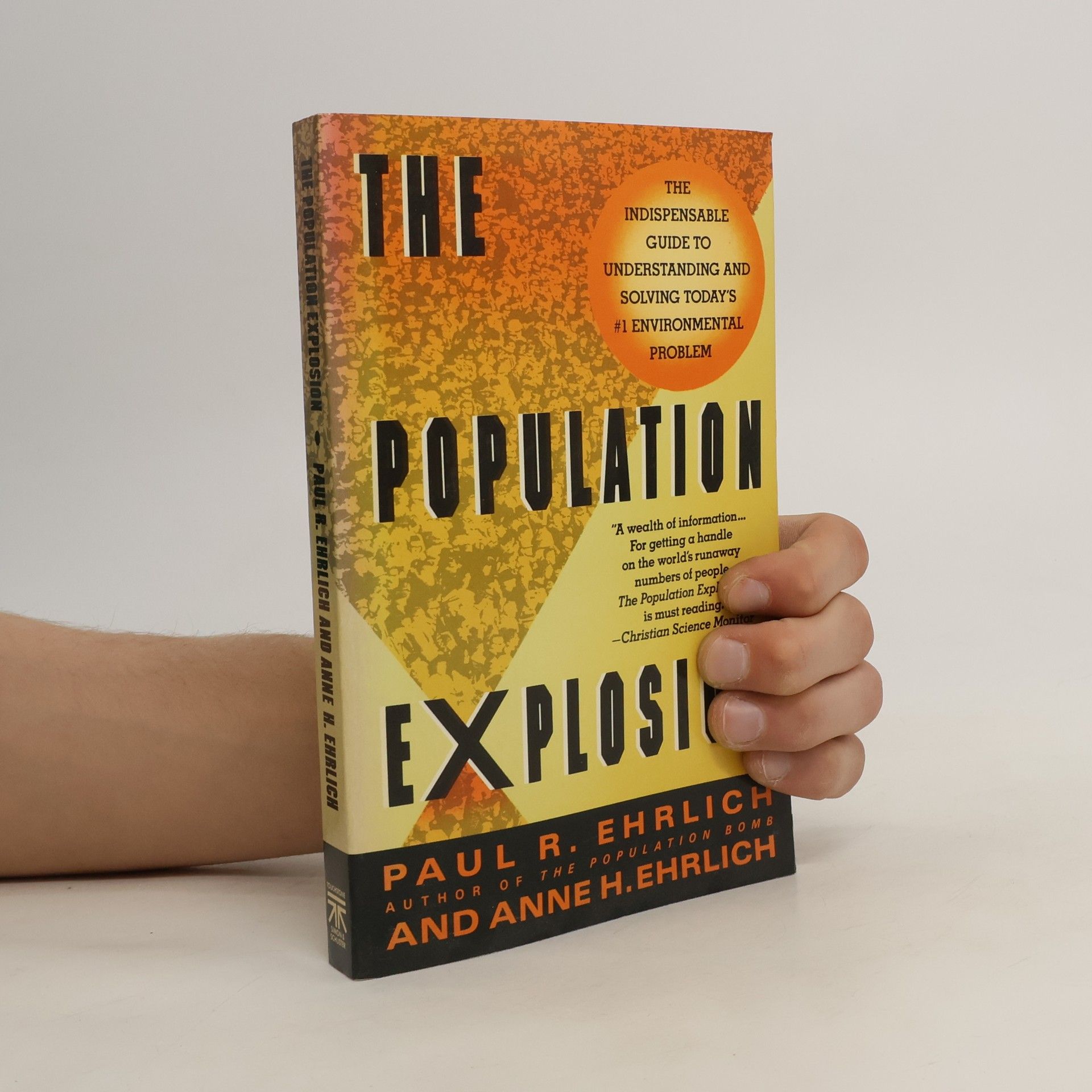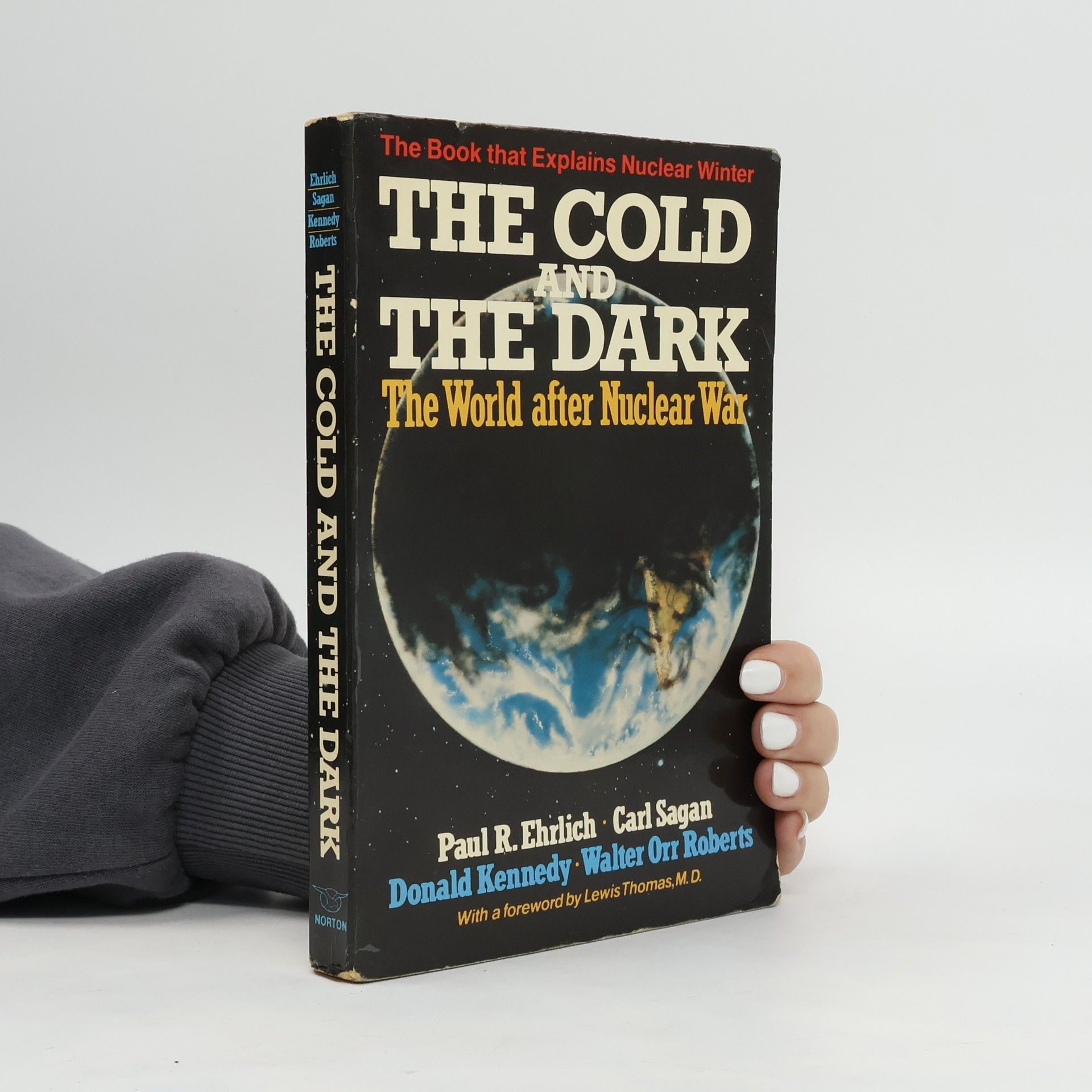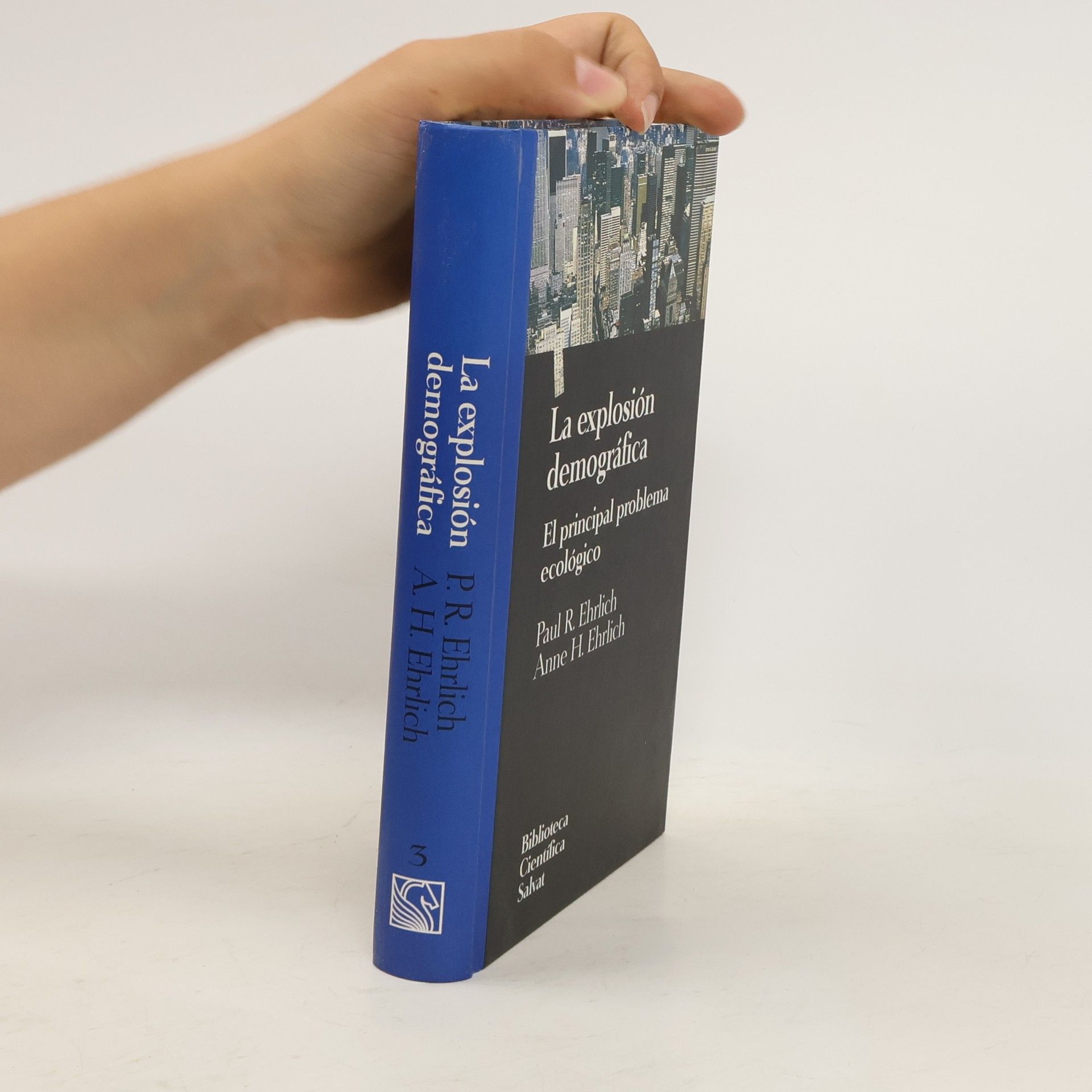La explosión demográfica
el principal problema ecologico
Paul R. Ehrlich es un biólogo y educador estadounidense reconocido por su trabajo en ecología y demografía. Es ampliamente conocido por sus perspectivas de advertencia sobre el crecimiento demográfico descontrolado y el agotamiento de los recursos. Sus escritos resaltan consistentemente la urgencia de los desafíos ambientales y abogan por una vida sostenible.






el principal problema ecologico
“The scientific discoveries described in this book may turn out . . . to have been the most important research findings in the long history of science.” ―Lewis Thomas, from the Foreward The Cold and the Dark is the record of the Conference on the Long-Term Worldwide Biological Consequences of Nuclear War, held in Washington, D.C., on October 31 to November 1, 1983. The conference involved over 200 scientists from many nations and drew together the best available scientific information. Its central finding was the phenomenon of nuclear winter: a much more profound and long-lasting devastation of the earth and atmosphere than had been believed possible before. In the two principal papers, Carl Sagan presents the atmospheric and climatic consequences of nuclear war and Paul Ehrlich summarizes its biological implications. Also included is the text of the “Moscow Link” ―a dialogue between Soviet and American scientists on nuclear winter―and the technical papers providing the scientific evidence for the book’s conclusions.
A renowned scientist and environmental advocate looks back on a life that has straddled the worlds of science and politics
There's a silent epidemic in western civilization, and it is right under our noses. Our jaws are getting smaller and our teeth crooked and crowded, creating not only aesthetic challenges but also difficulties with breathing. Modern orthodontics has persuaded us that braces and oral devices can correct these problems. While teeth can certainly be straightened, what about the underlying causes of this rapid shift in oral evolution and the health risks posed by obstructed airways? Sandra Kahn and Paul R. Ehrlich, a pioneering orthodontist and a world-renowned evolutionist, respectively, present the biological, dietary, and cultural changes that have driven us toward this major health challenge. They propose simple adjustments that can alleviate this developing crisis, as well as a major alternative to orthodontics that promises more significant long-term relief. Jaws will change your life. Every parent should read this book.
Confirms the authors' predictions--chronic famine, the yearly loss of tons of topsoil, global warming--and calls for a last-minute effort to take control of our destiny
How Anti-Environmental Rhetoric Threatens Our Future
The planet's population has exploded. The 35 million inhabitants of New York City run their TVs off pedal power, riot for water, trample for lentil 'steaks', and sweat beneath a sweltering sun. Amid it all, a city cop tries to catch a gangster's killer and vie for the affection of a dangerous woman... Offering a disturbing vision of the future and a groundbreaking exploration of the dangers of overpopulation, Harry Harrison's Make Room! Make Room! is a keystone work of science fiction -- and the basis of the cult film Soylent Green.